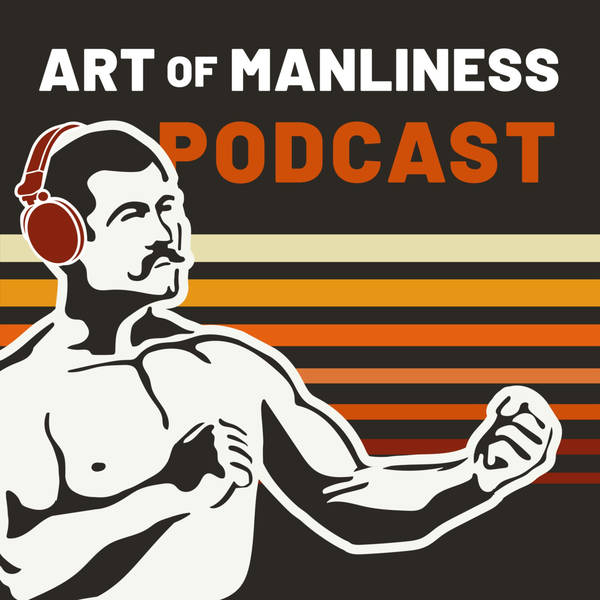
The Lesser-Known Philosophy of the Iron Age Greeks
When we think of Western philosophers who pondered questions about the good life, we typically think of the classical era of Greece and the likes of Plato, Socrates, and Aristotle. But my guest would say that the poets and philosophers who came out of the preceding period, Greece's Iron Age, also have something to say about the nature of existence.
Adam Nicolson is the author of How to Be: Life Lessons from the Early Greeks. Today on the show, Adam takes us on a tour of Iron Age Greece and how these seafaring people set the stage for our modern sense of self. Adam makes the case that the early Greeks had what he calls a "harbor mindset," which lent them a mentality centered on fluidity and transience. We discuss how Odysseus exemplifies this harbor mindset, and how a group of lesser-known pre-Socratic philosophers defined life through a lens of change and contradiction. Adam then explains how a mystical guru named Pythagoras paved the way for Greek thinkers like Plato and Aristotle and the rise of cooperative civility.
Resources Related to the PodcastAdam's previous appearance on the AoM podcast: Episode #857 — Why Homer MattersAoM Podcast #337: What Homer’s Odyssey Can Teach Us TodayThe philosophers of Miletus:AnaximenesThalesAnaximander